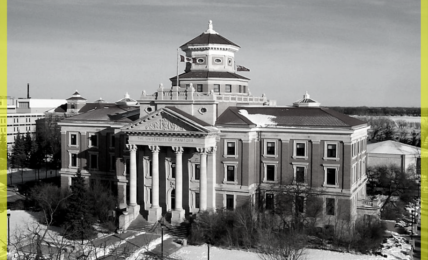Take a break: Even 10 minutes can make a measurable difference
While a ten-minute massage significantly boosted relaxation, even ten minutes of simply sitting quietly at a table appeared beneficial.

There’s evidence that taking a break from your studies can improve problem-solving abilities — but who has the time? For people balancing strict deadlines and life commitments, sleep is a luxury. But a new study by researchers at the University of Konstanz in Germany finds that even a short respite — even one as little as ten minutes — can lead to better mental and physical relaxation.
While a ten-minute massage significantly boosted relaxation, even ten minutes of simply sitting quietly at a table appeared beneficial.
The findings indicate that quick treatments may significantly reduce stress by charging the body’s principal engine for relaxation – the parasympathetic nervous system, or PNS.
“To get a better handle on the negative effects of stress, we need to understand its opposite – relaxation,” Jens Pruessner, head of the Neuropsychology Lab and Professor at the Cluster of Excellence “Centre for the Advanced Study of Collective Behaviour” at the University of Konstanz, said in a statement.
“Relaxation therapies show great promise as a holistic way to treat stress, but more systematic scientific appraisal of these methods is needed.”
For their paper, researchers applied two different ten-minute massages to volunteers. Another group was asked to sit quietly at a table.
RELATED: 5 Science-backed benefits of meditation
“Ten minutes of resting or receiving either massage resulted in psychological and physiological reduction in stress,” the authors say.
“All participants reported that they felt more relaxed, and less stressed, compared with before the treatments. Further, all participants showed significant increases in heart rate variability, which demonstrates that the PNS was activated and the body physiologically relaxed just by resting alone.”
The authors say the findings are encouraging, as they indicate that expensive and time-consuming interventions aren’t necessary to treat stress.
“Having somebody gently stroke your shoulders, or even just resting your head on the table for ten minutes, is an effective way to boost your body’s physiological engine of relaxation,” Maria Meier, a doctoral student in the lab of Neuropsychology and first author on the study.
“Our next step is to test if other short interventions, like breathing exercises and meditation, show similar psychological and physiological relaxation results.”
Meditation is another relaxation method that has been found to increase mental acuity and focus while improving overall health and well-being.
There’s also anecdotal evidence that it can help manage COVID-19-related anxieties.
And, when you do find yourself with a bit of extra time to work on a problem, research suggests that walking away for a bit and taking a nap is an effective way to improve problem-solving abilities.

SUPORT WE REP STEM AND HELP US CREATE MORE RAD CONTENT.



